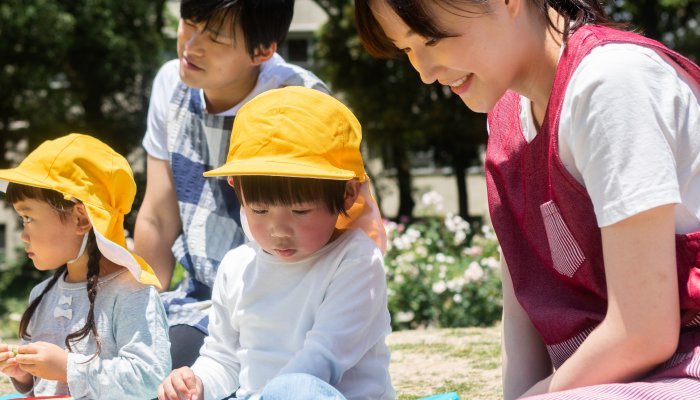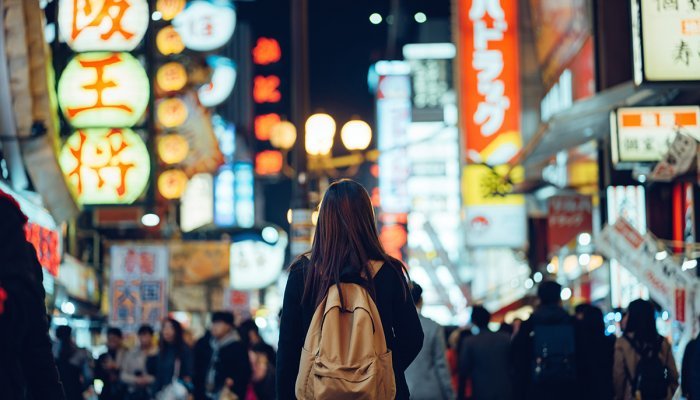In 2018 a Japanese train driver apologised to passengers for leaving a station 25 seconds ahead of schedule. Instead of leaving at 07h12, he pulled away from the platform at 07h11:35. Japan Railways also released an apology stating, “The great inconvenience we placed upon our customers was truly inexcusable”.
I had to supress the urge to compare this sense of remorse with the ineptitude at the Passenger Rail Agency of South Africa (Prasa), as I fell in love with the parallel universe of Japanese precision and culture.
My first visit to Japan was a whirlwind 48 hours in Tokyo. On arrival I noticed an immigration officer wearing a surgical mask — this long before the pandemic. I asked the Japanophile friend I was travelling with about this and he explained that, far from the officer being neurotic about catching something from all the people he would encounter, it was rather that he was probably not feeling well and, as a sign of concern and respect, he was ensuring that he would not pass on anything that might make someone else ill.
Ever since that moment, I knew I had to return, and recently I fulfilled a bucket list trip to Japan. The culture shock lay not so much in coping with a different nationality and language, but rather in encountering a country that is the polar opposite of what we’ve become acclimatised to in South Africa.
Everything works, with unnerving precision. Public transport, whether it’s an intercity bullet train or tiny bus on a remote island, runs on time — to the second. Obsessive adherence to public transport timetables is one thing, but I noted that when you take a bus, you only pay as you exit at your destination. It’s a subtle differentiation from most public transport systems around the world, but it speaks volumes about the trust and respect that permeates Japanese society.
The independence of six-year-olds
On the Japanese reality show Old Enough on Netflix, parents let their toddlers (aged four or five) run errands for them. It is a reality show, so I found the concept somewhat far-fetched. That is until I sat waiting for a bus in Kyoto.
A group of schoolchildren, all around the age of six, arrived at the bus stop with two minders. Each child was in uniform and carried an enormous backpack with a yellow reflector flap. I watched in disbelief as a bus arrived and one of the minders put two of her charges on the bus and waved them off — without accompanying them.
This procedure repeated itself until all the schoolchildren had been despatched on different busses, after which the two minders left the bus stop. It took me a while to process what I had just witnessed.
I later discovered that young children in Japan enjoy a surreal level of independence because, as a society, the Japanese have decided that the safety of their children is a collective responsibility. The really young children, like the ones in Old Enough, wear yellow caps, which indicates that they might need a bit more help in navigating their journey, and of course all citizens comply.
When leaving a tip is an insult
One difficult thing to adapt to in Japan is not tipping in restaurants. The Japanese pride themselves on a service culture so anyone working in the hospitality industry does so with a sense of dignity, gratitude and respect, not just for the customer but for the work itself. Tipping can be seen as an insult because it implies that the salary they earn is inadequate.
If you leave a tip you might be chased after by the staff because they think you’ve “forgotten something”, compared to the USA where you will be chased after because you dared to leave less than a 25% tip.
Tips are not expected in restaurants, taxis, hotels and spas. However, you can tip a geisha, should you encounter one, only because they are considered performing artists rather than hospitality workers.
The clean streets
One of the most noticeable things in Tokyo (a city of 14 million people) is the absence of litter. More perplexing is that there are almost no public rubbish bins either: public bins were removed by authorities after the 1995 sarin gas attacks. So how do 14 million residents keep their city spotless? They simply carry their trash with them and dispose of it at home. By my second day in Tokyo I had learnt to carry a plastic bag with me for my own rubbish.
During the past two Fifa World Cups, videos of Japanese fans cleaning up the stadium (after losing a match) went viral. When asked about this fans simply explained: “We are taught that leaving things cleaner than the way you found it is ‘atarime’ [‘stating the obvious’]. We can’t leave a place without making it clean. It is a manifestation of our culture”.
The dark side of Japan’s hyper-efficient culture
While undeniably impressive, the overarching question is how Japan has managed to cultivate this sense of discipline and precision.
Some say that sakoku, Japan’s nearly three centuries (1639 to 1853) of self-imposed isolation from the rest of the world, has embedded a culture of homogenous thinking. While this has preserved Japanese culture and tradition, it also ensured that other aspects of modern culture have not infiltrated.
Japan’s conservative patriarchal culture stems from the Buddhist and Confucian values on which the country was built. These values have cemented cultural perceptions of marriage, motherhood and career and has resulted in female board members making up less than 1% of corporate business. On the flipside, the obsessive work ethic of the Japanese “salaryman” — a white-collar worker who pledges overriding loyalty to a corporate entity — has in turn ensured the emergence of bizarre subcultures such as the hikikomori, social recluses who isolate themselves in their homes, and cosplay, which could be interpreted as an extreme need to escape reality.
KEY TAKEAWAY
Japan is the first country I have ever visited that made me think deeply about social dynamics and the possibility of how things could be. The embedded mutual respect for one’s fellow citizen was a balm to my battered South African psyche. But how that has shaped the national mindset is also what every corporate strives for in terms of company culture.
But just as Japanese hyper-efficiency has it’s dark side, so too must business leaders take heed of its outdated drivers: patriarchal C-suites, innovation-stunting hierarchies, and the belittling of mental wellbeing issues.
2023 will rank as one of the most trying years for any business in South Africa so we need to reframe “resilience” — that dubious badge of honour we bestow upon ourselves. Protracted resilience is untenable and debilitating and as authors Shawn Achor and Michelle Gielan wrote, “Resilience is about how you recharge, not how you endure”. It’s a subtle but crucial difference in interpretation.
South Africans know how to endure, but how do we recharge — or put differently, how do we rekindle our national love affair?
As a survival tactic, South Africans have started to adopt an every-person-for-themselves attitude. We claim that we are the custodians of ubuntu, but six-year-olds in Japan receive more ubuntu on a daily basis than we seem to dispense. We celebrate pockets of generosity but our sense of humanity towards each other has been eroded by resilience.
When asked why they clean up a mess they didn’t make in stadiums, one football fan said, “You cannot have a clean heart and live in filth”. Perhaps we need to clean the bitter disappointment from our hearts and reassess what ubuntu really means for a nation that is being left to fend for itself.






